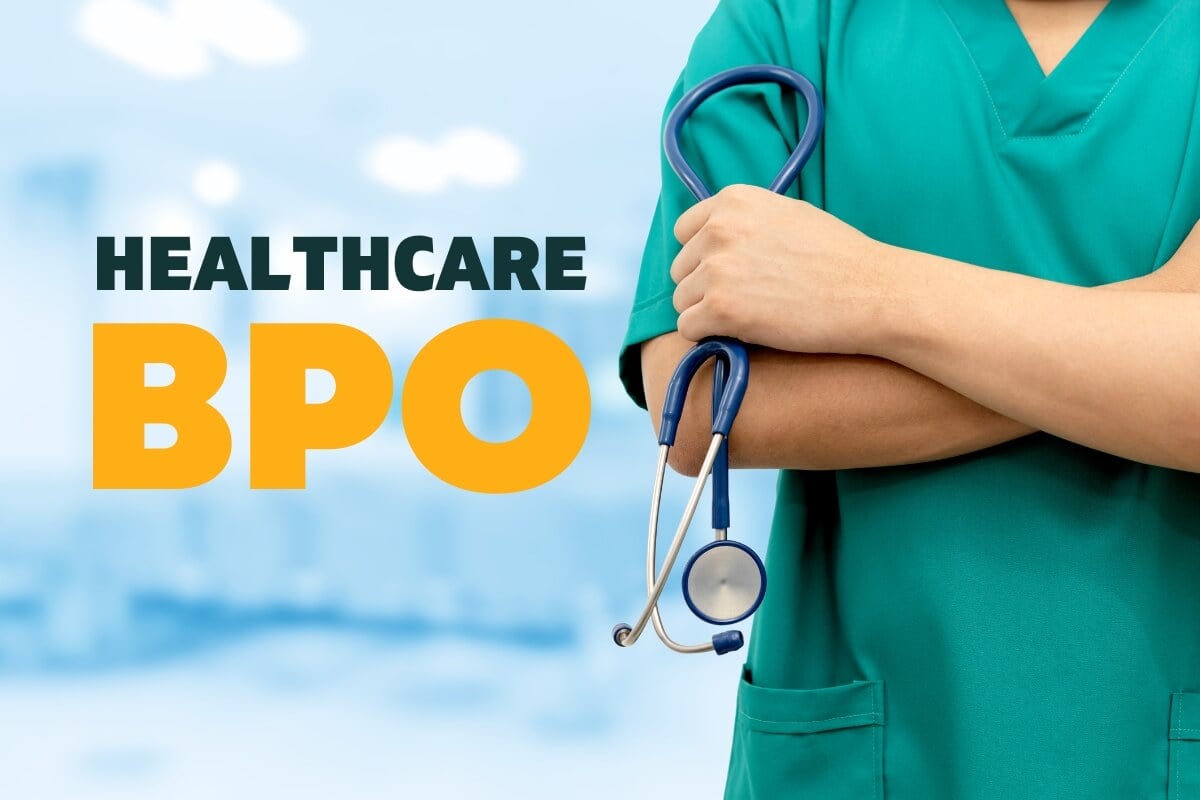Revealing the Advantages of Healthcare RCM in Improving Efficiency and Precision in Earnings Cycle Monitoring
In the rapidly progressing medical care landscape, the significance of Profits Cycle Monitoring (RCM) can not be overstated. As health care providers aim for accuracy and performance, RCM emerges as a critical device in simplifying procedures, minimizing errors, and improving economic end results.
Streamlining Administrative Tasks

On top of that, the assimilation of digital wellness documents (EHR) with RCM systems promotes real-time information accessibility and sharing, making it possible for medical care specialists to make enlightened choices immediately. This interconnectedness not just enhances communication between administrative and medical teams yet likewise improves individual satisfaction by decreasing waiting times and payment disparities - Healthcare RCM. Additionally, streamlined administrative procedures enable much better compliance with regulatory standards, mitigating threats connected with audits and charges
Ultimately, the emphasis on refining management tasks in RCM leads to set you back savings and improved economic performance. By investing in automation and maximizing process, healthcare companies can accomplish a more lasting profits cycle, guaranteeing long-term stability and the capability to adapt to progressing industry needs.
Enhancing Insurance Claims Processing
Exactly how can medical care organizations improve the performance of their claims handling? By harnessing automation and innovative analytics, RCM systems improve the facility and often cumbersome claims processing jobs.
Moreover, real-time analytics play a critical function in improving cases refining performance. These analytics tools offer insights right into traffic jams and possible rejections, allowing doctor to address issues proactively. Predictive analytics can forecast patterns in claim denials, allowing preemptive steps to alleviate them, hence lowering the moment considered cases to be refined and accepted.
In addition, the adoption of electronic health documents (EHR) incorporated with RCM systems makes certain smooth information circulation, minimizing redundancies and raising the accuracy of info submitted in insurance claims. A constant comments loop facilitated by RCM systems further refines the procedure, cultivating continual enhancement.
Eventually, by leveraging technology-driven options in insurance claims processing, healthcare organizations can boost functional effectiveness, improve cash circulation, and give a smoother experience for individuals and personnel alike.
Decreasing Financial Mistakes
Precise monetary management is critical in medical care, where minimizing financial mistakes can dramatically influence operational success. Financial mistakes, whether because of incorrect payment, coding mistakes, or mismanagement of person accounts, can bring about substantial income loss and stretched partnerships with patients and payers. Dealing with these errors is critical to keep a healthcare organization's monetary health and boost its credibility.
Medical Care Income Cycle Administration (RCM) plays a pivotal function in minimizing such mistakes via structured processes. By applying standardized treatments for billing, coding, and collections, doctor can make certain that financial deals are taken care of with precision. Comprehensive training for personnel on existing coding policies and payment practices likewise lowers the likelihood of errors, making certain claims are properly refined and compensated.

Additionally, thorough audits and routine economic reviews within the RCM framework enable the very early discovery and improvement of discrepancies. Guaranteeing precision in person information entry and verification even more alleviates mistakes, as this is usually a primary source of inaccuracies. By concentrating on these calculated locations, medical care companies can lower economic mistakes, thereby safeguarding their profits streams and improving general functional performance.
Leveraging Advanced Technologies
In today's swiftly advancing healthcare landscape, leveraging advanced technologies is essential for optimizing Revenue Cycle Management (RCM) processes. By incorporating advanced solutions such as synthetic intelligence (AI), artificial intelligence (ML), and robot procedure automation (RPA), health care companies can substantially enhance the efficiency and precision of their RCM procedures. These innovations aid in streamlining recurring jobs, decreasing manual mistakes, and allowing faster handling of insurance claims.

Additionally, the combination of blockchain innovation improves data safety and security and transparency within RCM (Healthcare RCM). It guarantees that sensitive information is protected while keeping an unalterable document of deals. This is important for developing count on with clients and stakeholders
Boosting Financial Performance
Structure on the effectiveness gotten through advanced modern technologies, medical care suppliers can significantly increase their financial efficiency by fine-tuning their Income Cycle Monitoring (RCM) methods. By enhancing billing procedures, lessening claim rejections, and improving cash circulation, health care institutions can attain better economic security. Carrying out durable RCM services allows carriers to enhance management tasks, minimizing the time and sources invested in manual information entrance and insurance claim processing. This effectiveness leads to much faster claim entries and reimbursements, making best use of profits collection.
Furthermore, information analytics within RCM systems supply valuable insights right into operational bottlenecks and monetary fads. By leveraging these understandings, healthcare companies can make educated choices to boost economic end results, such as adjusting billing practices or renegotiating payer contracts. Improved accuracy in coding and paperwork additionally lowers case denials and audits, fostering a smooth revenue cycle.
Additionally, patient engagement tools integrated within RCM platforms boost patient complete satisfaction by offering transparent billing information and flexible payment options. This transparency not only improves patient-provider relationships but also encourages prompt settlements, reducing exceptional balance dues.
Final Thought
Health Care Income Cycle Management significantly optimizes efficiency and precision by enhancing administrative tasks and improving cases processing. Through the decrease of monetary errors and the assimilation of sophisticated innovations such as AI and anticipating analytics, RCM assists in compliance with billing codes and supplies important insights right into financial fads. This organized technique not only decreases prospective case rejections but additionally increases economic performance, thereby promoting trust and openness with clients and stakeholders within the medical care system.
As health care providers make every effort for precision and performance, RCM emerges as an essential tool in enhancing operations, lessening mistakes, and enhancing economic outcomes.Enhancing management tasks in health care revenue cycle administration (RCM) supplies significant advantages by boosting operational effectiveness and reducing the concern on team.Healthcare Income Cycle Monitoring (RCM) plays a pivotal function in lessening such mistakes through structured processes.In today's quickly advancing healthcare landscape, leveraging sophisticated innovations is crucial for optimizing Income Cycle Monitoring (RCM) procedures.Structure on the efficiencies acquired with sophisticated modern technologies, healthcare service providers can significantly improve their financial performance blog here by refining their web Income Cycle Administration (RCM) methods.
Comments on “The Significance of Healthcare RCM in Enhancing Cash Flow and Effectiveness”